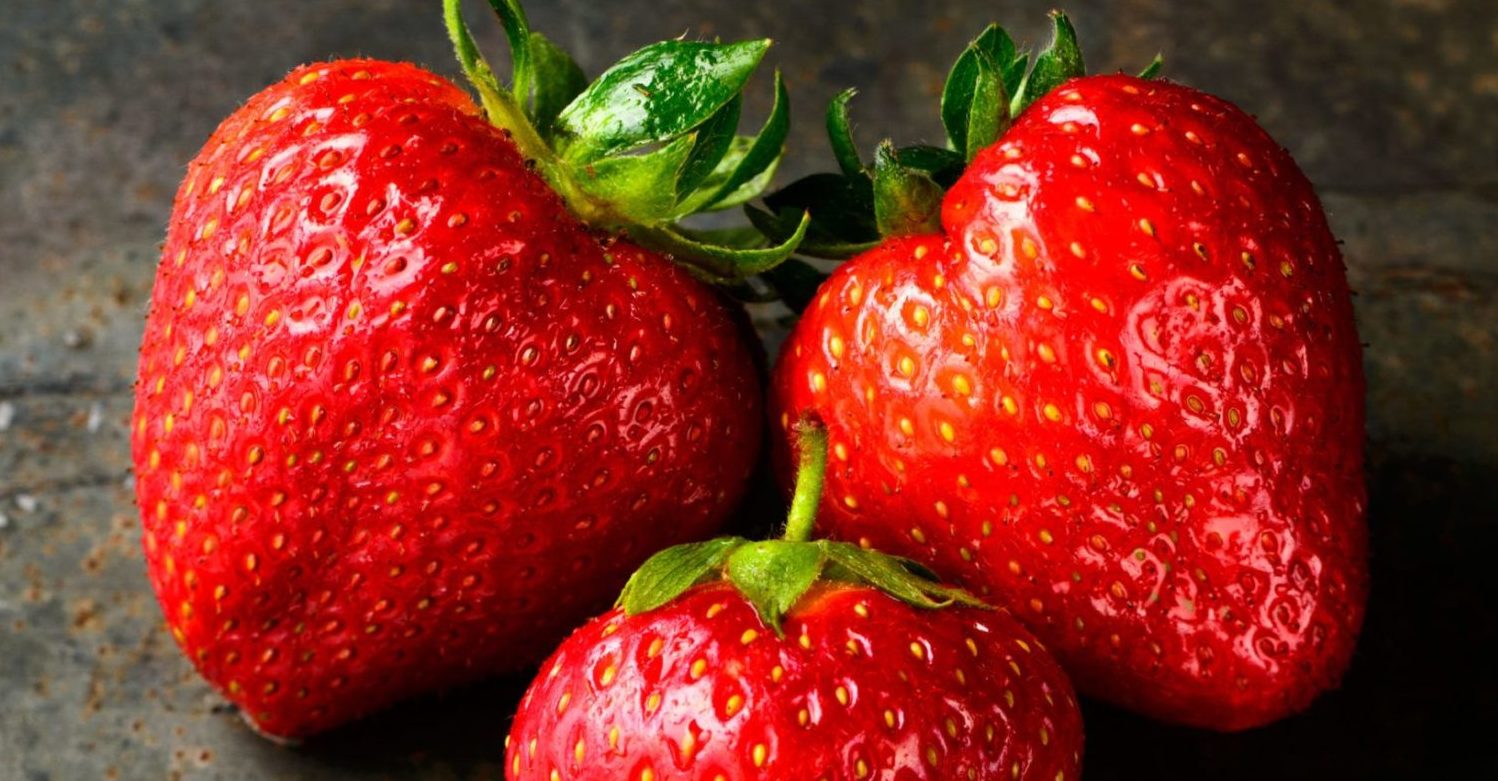The advice of dr. Calabrese for the immune system
Professor Giorgio Calabrese , dietician and one of the greatest supporters and defenders of the Mediterranean diet, spoke on the Messaggero and Famiglia Cristiana about a diet to support the immune system. Dr. Calabrese’s advice is a firm point in the face of a lot of misinformation done to the detriment of people.
As I have already written in the article on diet and food prophylaxis for Coronavirus, even Dr. Giorgio Calabrese clarifies that it is not possible to have a diet that cures us from the virus, or that an anti-coronavirus diet does not exist.
Healthy nutrition can support us and can help in prevention, but it cannot cure us if we are infected. While this may be obvious to many, it is not obvious to some.
However, it is possible to follow Dr. Calabrese’s advice for the immune system, in order to strengthen our natural defenses also thanks to the diet.
THE ADVICE OF DR CALABRESE FOR THE IMMUNE SYSTEM

Eat seasonal products.
Seasonal products obviously mean: Italian and preferably local products.
Yes to citrus, but also to strawberries.
Both contain vitamin C, which supports the immune system because it helps produce antibodies and is an antioxidant, therefore it fights free radicals. I remind you that cooking is the enemy of vitamin C: this is why eating citrus fruits or strawberries allows us to absorb more vitamin.
Yes to hazelnuts, walnuts and almonds.
Some nuts among those that also contain omega3, but above all vitamin E, which together with vitamin C is the second protective vitamin against free radicals. Another natural source of vitamin E is extra virgin olive oil.
We consume noble proteins.
We focus on foods that give us bioavailable and easily assimilated proteins, such as pasteurized dairy products and fresh (well cooked) fish.
Whole grains that help us: spelled and oats, wholemeal pasta and rice.
A diet that supports the immune system cannot be separated from quality carbohydrates.
Yes to vegetable fibers.
They reduce the absorption of fats and thus support the work of the liver, and help us get rid of waste. For example, legumes contain not only fiber but lecithin, a phospholipid that has an antibacterial action. We combine legumes with whole grains and vegetables for a dish rich in fiber but also in antioxidants.
Green light to foods rich in beta-carotene and vitamins of group B.
Pumpkin, carrots, leafy vegetables, courgettes, red meat, egg yolk, whole grains and chickpeas allow us to add to the sources of vitamins C and E also the pro- vitamin A and vitamins of group B, necessary for metabolic processes.
We focus on foods with antioxidant, anti-bacterial and viral action.
They are for example: onion, garlic, pomegranate, grapes.
Energy, heat and vitamin D.
We support the body from the morning with a little honey, milk, wholemeal bread or fresh fruit and dried fruit. And since vitamin D tends to drop in the winter months and early spring due to the uncertain sun, we also eat foods that naturally contain it. Fish, liver, milk and eggs.
Learn more about tips for the immune system.
What is immunonutrition and what food can do for the immune system.
Increase the immune defenses with the diet according to Dr. Blum.
























+ There are no comments
Add yours